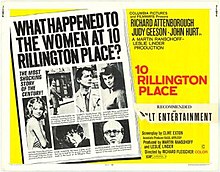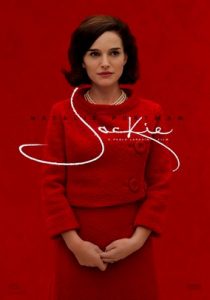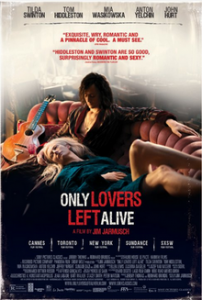10 Rillington Place-1971
Director Richard Fleischer
Starring Richard Attenborough, Judy Geeson, John Hurt
Scott’s Review #1,424
Reviewed March 22, 2024
Grade: A
Richard Fleischer has directed films such as Dr. Doolittle (1967) and Soylent Green (1973) that are remembered better than 10 Rillington Place (1971).
That’s a shame, because the film is one I hadn’t seen or heard of, yet it’s chilling, macabre, and masterful in its bleakness and atmosphere.
It’s also wonderfully acted.
One can’t help but notice the stark similarities to Frenzy, an equally disturbing and great 1972 film by Alfred Hitchcock. Did this film influence the master of suspense to create that one? Only he knows the answer to that question.
Primarily set in one dreary apartment building in London named 10 Rillington Place, it tells the true story of the British serial killer John Christie (Richard Attenborough), who committed many of his crimes in the tall terraced house, and the miscarriage of justice involving his neighbor, the simple-minded Timothy Evans (John Hurt).
John used Timothy as a scapegoat for the murders.
John is a seemingly model citizen but a killer, as the audience witnesses in the first scene. He poses as a kindly doctor who convinces naive women that he can cure whatever ails them, whether it’s aches and pains or a pesky pregnancy.
He usually strangles them to death and buries them in a makeshift graveyard in the pretty garden in front of his residence.
The main story in 10 Rillington Place follows John as he cons a pregnant bride (Judy Geeson) who is struggling financially to use his help and medical methods. John’s dutiful, clueless wife, Ethel (Pat Heywood), slowly discovers her husband’s shenanigans, but will she fall victim as his next target?
Of course, Richard Attenborough steals the show as the demented killer with a calm, cool, and collected exterior. As an average-looking Joe type, he can use his trusting appearance to his advantage.
I’d trust him.
Attenborough became an Academy Award-winning director for 1982’s Gandhi, so he knows his craft well. He also directed Cry Freedom in 1987 and Chaplin in 1992.
In actor mode, he is phenomenal as a crazed killer. His most excellent skill is his demeanor. Thoughtful and pondering, he never plays the psycho or the nut. He is careful, but that’s part of his creepiness. With every noise, he peers out the window, drawing the living room curtain ever so slightly, revealing his face.
Hurt and Geeson are terrific as the young couple with the cards stacked against them. They are simply looking for tranquility and the means to raise their child.
Simplicity is a winning formula, and most of the film is subdued thanks to Fleischer’s laid-back direction techniques.
The look of 10 Rillington Place is perfection. The colors are muted and faded, giving a dank and depressing look. Even a bright red velvet sofa appears dark and dreary.
As Timothy and Beryl agree to lease the top-floor flat, it will not bode well for them, and we can sense it.
Towards the end of the film, it is almost too much to bear with the knowledge that John strangles a toddler to death and unceremoniously stuffs the child, wrapped in a blanket, in a washroom.
Brilliantly, the murders rarely happen on screen and involve none of the principal characters. That’s what’s so haunting about the film and reminds me of Hitchcock’s Frenzy.
Remember the scene where the necktie killer lures a female victim upstairs to her death? There is silence and a shot of the staircase for seemingly an eternity until the killer descends the stairs.
We know what’s happened.
What we don’t see is sometimes much more frightening than what we do see.
The ghastly reveal at the end of 10 Rillington Place that the story is based on real-life events packed a punch since I didn’t have this knowledge going into the film.
Thankfully, 10 Rillington Place (1971) has received its just desserts in recent years, with praise and recognition. This proves that great films are like cream and rise to the top…..eventually.


